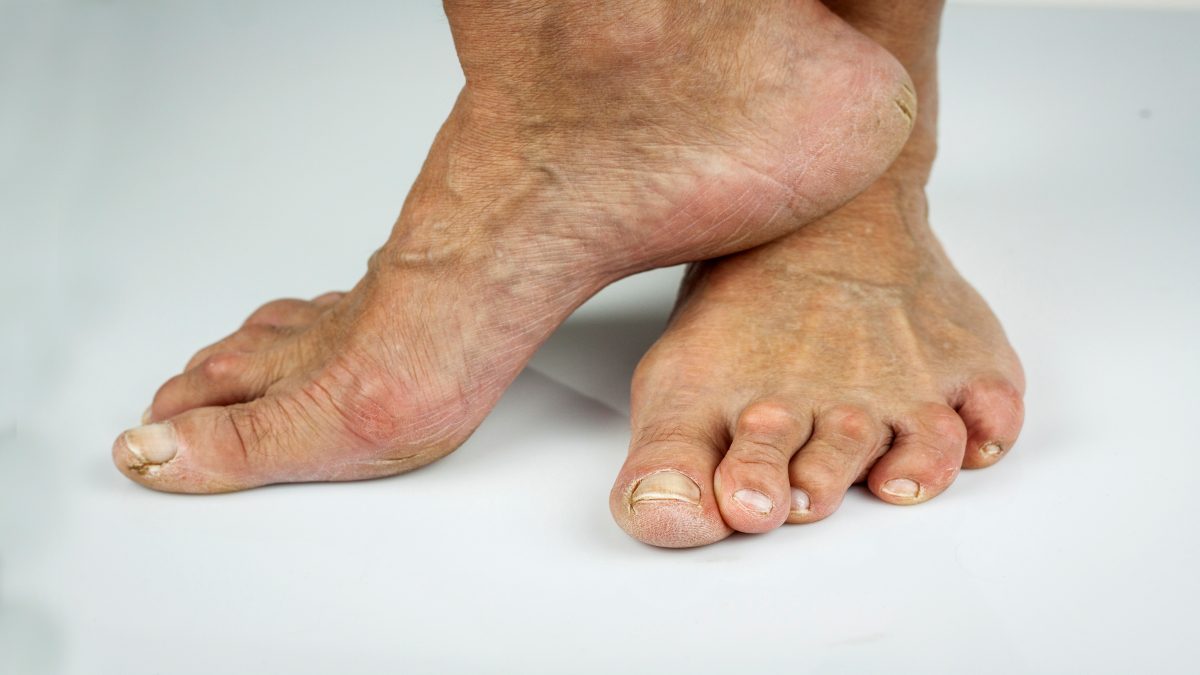Treatment of rheumatoid arthritis
Even though there is no cure for rheumatoid arthritis, there are steps that can be taken to help control the symptoms. Medications are available for reducing joint inflammation, which will in turn decrease pain and slow down or prevent damage of the joints. Skilled therapists, such as physical and occupational therapists, can teach you ways to take care of your joints. If your joints are severely damaged, surgery may be needed.
Rheumatoid arthritis medications
Many of the medications used to treat auto-immune diseases such as rheumatoid arthritis have the potential to cause serious side effects. Many doctors start rheumatoid arthritis treatment with drugs that have the fewest possible side effects. You may need more medication for rheumatoid arthritis treatment, stronger or different medicines, or a combination of several medications as your condition progresses.
- Nonsteroidal anti-inflammatory drugs (NSAIDs): These medications help relieve pain and decrease inflammation. Some are available over-the-counter such as ibuprofen (Motrin IB, Advil) and naproxen sodium (Aleve). Some stronger NSAIDs are also available only with a prescription from your doctor. Potential side effects caused by NSAIDs include stomach irritation, ringing in the ears, kidney and liver damage, and heart problems.
- Steroids: Corticosteroids also decrease inflammation, slow damage of the joints, and help to relieve pain. Possible side effects include diabetes, cataracts, weight gain, and thinning of the bones. Many times steroids are prescribed during an acute episode of rheumatoid arthritis with the intention to taper down slowly and then stop the medication when the acute symptoms have subsided.
- Disease-modifying anti-rheumatic drugs (DMARDs): These medications can save joints and other bodily tissues from suffering permanent damage and slow down the progress of rheumatoid arthritis. Some common medicines of this type include leflunomide (Arava), methotrexate (Trexall), sulfasalazine (Azulfidine), and hydroxychloroquine (Plaquenil). Potential side effects from these drugs vary but may include bone marrow suppression, lung infections, and liver damage.
- Immunosuppressants: These drugs inhibit the immune response, which is over-active in rheumatoid arthritis. Some examples of these medications include cyclosporine (Gengraf, Sandimmune, Neoral) and azathioprine (Azasan, Imuran). Since they slow down or “tame” your body’s immune response, taking these drugs can make you more susceptible to infection.
- TNF-alpha inhibitors: These are drugs known as Tumor necrosis factor-alpha inhibitors. TNF-alpha is a substance in your body that is associated with the inflammatory response. These medications help to decrease symptoms of inflammation such as swollen and tender joints and pain and stiffness. Some examples of these include certolizumab (Cimzia), golimumab (Simponi), adalimumab (Humira), infliximab (Remicade), and etanercept (Enbrel). Possible side effects of these medications include an increased risk of severe infections, diarrhea, nausea, and hair loss.
- Other medications: Several other medications for rheumatoid arthritis are used to treat the condition by targeting the various bodily processes involved with inflammation. Some of these drugs are tocilizumab (Actemra), tofacitinib (Xeljanz), rituximab (Rituxan), abatacept (Orencia), and anakinra (Kineret). Side effects from these drugs vary, but they may include a sore throat, runny nose, abdominal pain, or itching.
Therapy for rheumatoid arthritis
Skilled therapists, such as physical therapists and occupational therapists, can instruct you in an exercise program that will help maintain flexibility in your joints. They can also teach you new ways to perform tasks of daily living that are easier on your joints and protect them from injury.
There are many adaptive devices available that can help you limit the amount of stress placed on your painful joints. For example, a sock aid can help with putting on your stockings or socks. Button hooks can take the stress out of buttoning your shirt or dress. Large-handled utensils can make meal preparation less taxing on your joints.
Rheumatoid arthritis surgery
If treatment of rheumatoid arthritis with medications fails to prevent the progression of the disease and joint damage continues, your physician may recommend surgery. Rheumatoid arthritis surgery can help correct joint deformities and alleviate your pain. In addition, it may make it possible for you to be able to use your joint again. Procedures for rheumatoid arthritis may include:
- Tendon repair: The joint damage and swelling that is caused by rheumatoid arthritis can weaken the tendons around the joints, causing them to rupture or loosen. In this procedure, the surgeon attempts to repair these damaged tendons.
- Total joint replacement: In this operation, the damaged portions of the joint are removed and are replaced by prosthetic (artificial) inserts made of plastic and metal.
- Joint fusion: If replacing a joint is not possible, it may be necessary to relieve pain or realign or stabilize a joint through surgical fusion.
All surgical procedures for rheumatoid arthritis carry a risk of pain, infection, and bleeding. Be sure to talk to your doctor about the risks and benefits of surgery.
Classification
According to the new criteria, classification depends on joint involvement and serological parameters such as rheumatoid factor and anti-citrullinated protein antibody (ACPA).
Prevention
Unfortunately, there is no certain way to prevent rheumatoid arthritis.
















Leave a Reply
You must be logged in to post a comment.